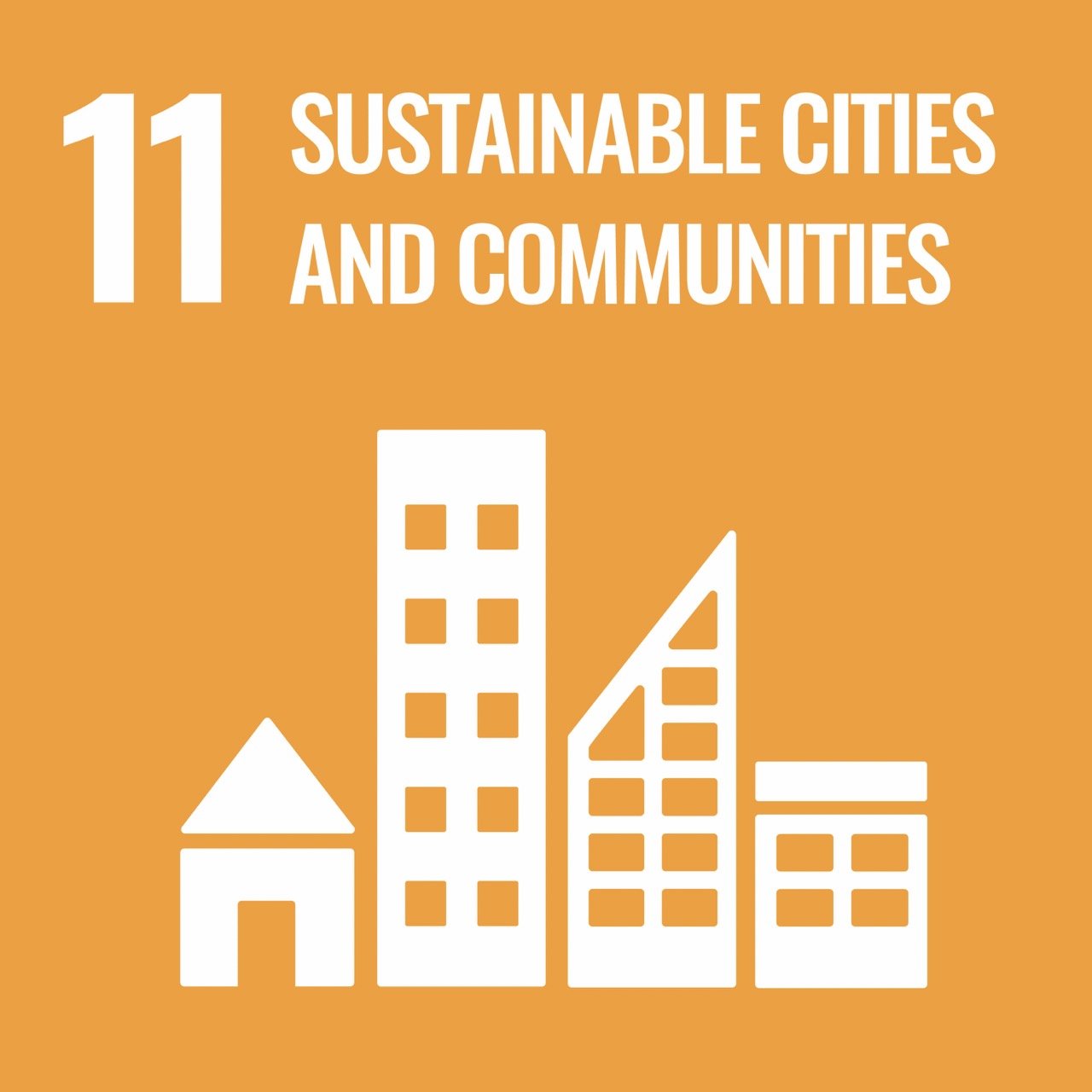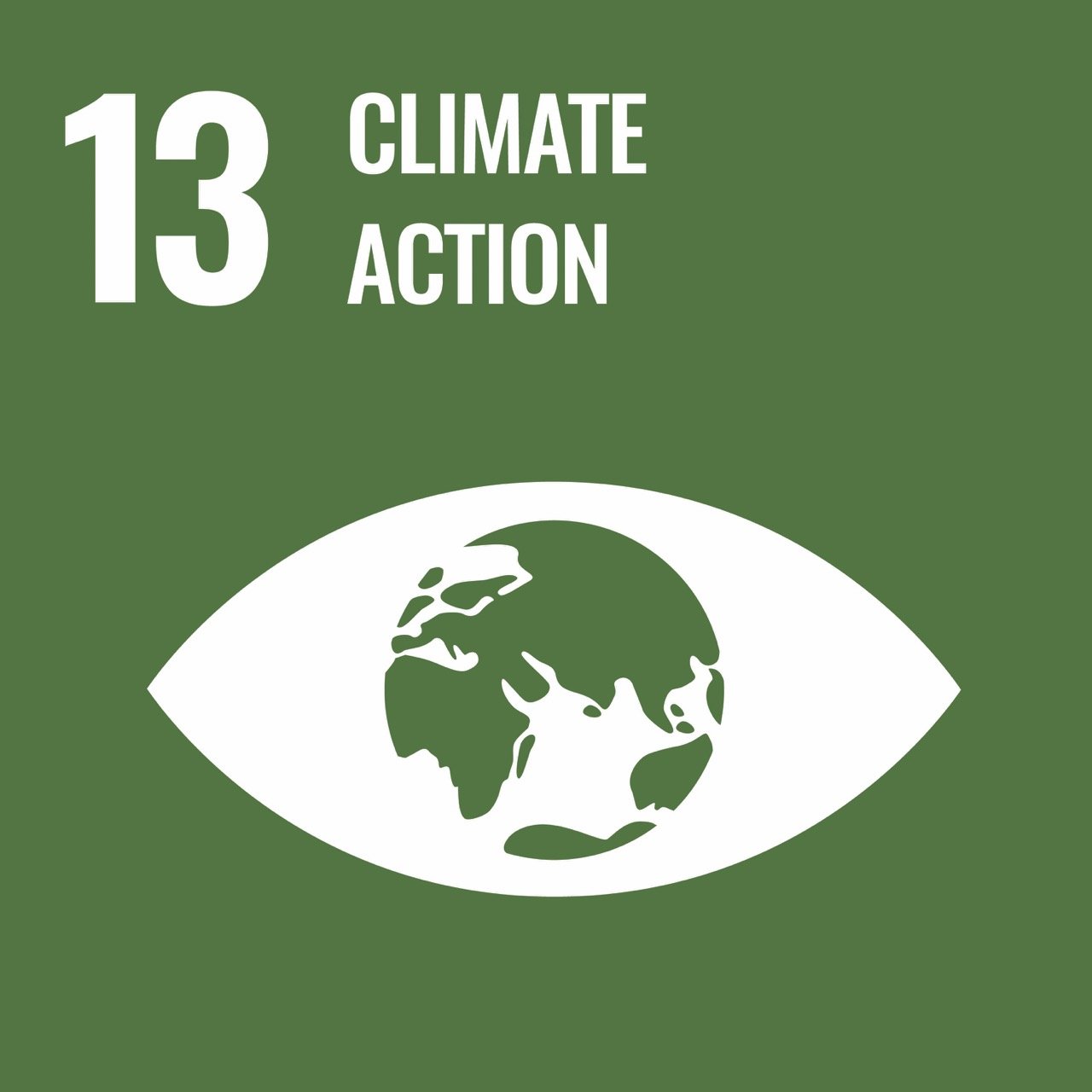PRIORITY AREA
8. Climate resilience
Aspiration to 2030
Our campuses and operations enable the University community, and the broader communities we are part of, to become more resilient to the impacts of climate change.
Progress against targets
The University reaches and maintains a ‘high’ climate change preparedness level
We initiated business continuity planning, emergency response training, and other initiatives to strengthen our climate change preparedness and climate risk management
We supported affected communities, including University staff and students, during the October 2022 Goulburn Valley floods
-
In 2022, we started work on embedding climate change risk into centralised processes, such as an organisational risk register. This will give visibility and co-ordination to a range of risk management activities that were already occurring, including climate adaptation plans prepared as part of major building projects, and highlight areas where further work is needed. As part of our Business Continuity Management program, we began developing Business Continuity Plans for all Chancellery portfolios, faculties, schools and campuses.
This work aims to ensure all areas of the organisation have the capacity to recover critical business functions in the face of a range of disruptive impacts, including natural disasters.
-
The University’s approach to emergency management is based on the requirements of Australian Standard 3745: Planning for Emergencies in Facilities. Throughout 2022, we maintained, updated, and tested our suite of emergency preparedness, response and recovery procedures across all campuses and in particular at many of our high-risk buildings. We delivered several campus and site-specific sessions to uplift the skills, knowledge, confidence and capability of emergency response volunteers. An evacuation exercise was held on the Dookie Campus in October 2022, in partnership with Fire Rescue Victoria and the Country Fire Authority. The exercise involved a whole-campus evacuation and shelter-in-place in response to a simulated grassfire emergency.
In 2022, we started work to establish local incident response teams across campuses beyond Parkville in order to plan and prepare for emergencies including severe weather, bushfires and floods. The University maintains a Critical Incident Management Framework for significant disruptive events, which is operationalised by a pool of 150+ staff members who support emergency response year-round. The 2022 training program included a comprehensive, four-hour exercise where 30 staff responded to a simulated severe weather event involving destructive winds, heavy rainfall, hail, and thunderstorm asthma. Training like this helps to ensure we are prepared for the real thing.
-
In October 2022, many parts of Victoria were impacted by major flooding, including in the Goulburn Valley region where the University’s Dookie and Shepparton campuses are located. While University facilities were not severely affected, many students and staff were impacted, with some becoming isolated and others being forced to evacuate. We supported these members of our community, providing leave allowances for staff and financial assistance to students. To support the wider community, we worked with the Academy of Sport, Health and Education facility to provide emergency accommodation, and the Dookie campus management team collaborated with local councils to support their incident response. In December 2022, we co- hosted the EMERGE Block Party and flood recovery initiative, in collaboration with GOTAFE and La Trobe University.




